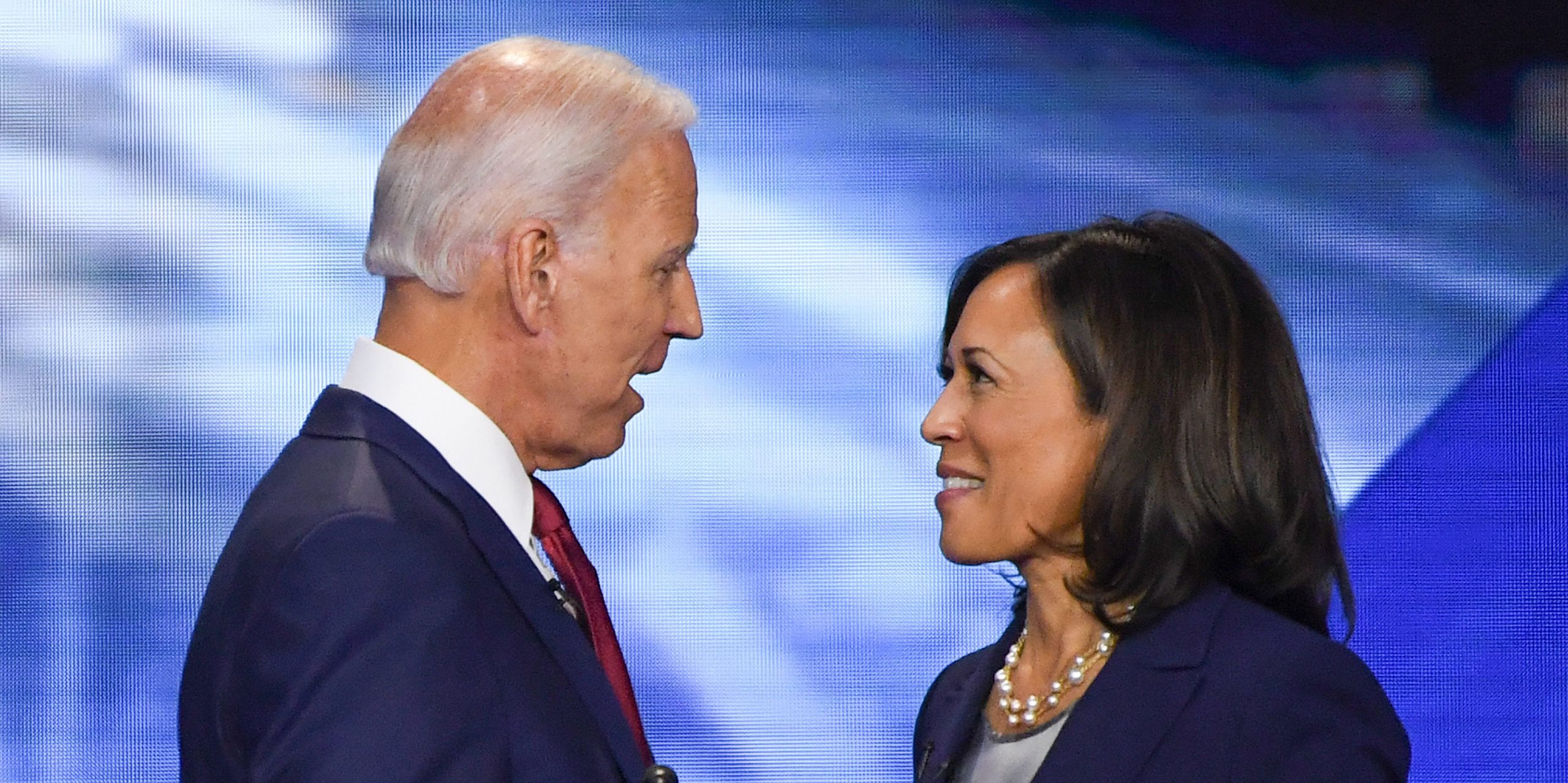
- The S&P 500 and the Dow Jones could fall 5% with a decisive victory by Joe Biden, in which the Democrats win the election, and control both chambers of the Congress, a chief market strategist told Business Insider.
- TickerTocker’s Steve Kalayjian, said: “The S&P 500 is fine now, but if Biden wins, there will be a sell-off. If Trump wins, you’ll see the Dow and S&P easily climb to new highs,” Kalayjian said. “I see a decline of 5% or more.”
- Kalayjian said uncertainty over the Democrats plans including their climate policies and raising corporate taxes is creating uncertainty for markets.
- Visit Business Insider’s homepage for more stories.
The S&P 500 and Dow Jones could lose 5% if the Democrats win the White House and both chambers of Congress at the election next month, because of a lack of clarity over some of the party’s key policies, one Wall Street strategist said.
Steve Kalayjian, chief market strategist and co-founder of trading platform Ticker Tocker said a “blue wave” victory by the Democrats could ignite a sell-off in the S&P 500. “
I don’t think the Democrats are being forthright with the policies they are prescribing with the Green New Deal, Supreme Court, and new tax policy both corporate and individual,” Kalayjian said.
“The S&P 500 is fine now, but if Biden wins, there will be a sell-off. If Trump wins, you’ll see the Dow and S&P easily climb to new highs,” Kalayjian added. “I see a decline of 5% or more.”
Democratic opponent Joe Biden has long advocated raising corporate taxes from 21% to 28% if he wins, which analysts believe could hamper stock market returns and companies’ earnings.
Democrats have also expressed support for policies that are aimed at combating climate change, such as pledging to re-sign the Paris Agreement, which US President Donald Trump's administration abandoned in 2017.
The S&P 500 has risen around 60% since touching multiyear lows in March, mainly helped mainly by a boom in technology stocks and low interest rates. But the index has lost some ground since hitting a record high in early September, as Democrats and Republicans struggle to reach an agreement on more government support of the economy.
"A lot of people are worried because they don't have the details of the Democrats policies. So, the potential blue wave causes uncertainty and will be negative for the markets for a long time," Kalayjian added.
Biden's lead over Trump in the polls has caused a number of Wall Street's biggest banks to increasingly expect a blue wave at the election on November 3.
Credit Suisse senior investment strategist Suresh Tania told CNBC earlier this month a Biden win could spur a "knee-jerk" reaction in the form of a 5% pullback given the nominee's stance on corporate taxes.

